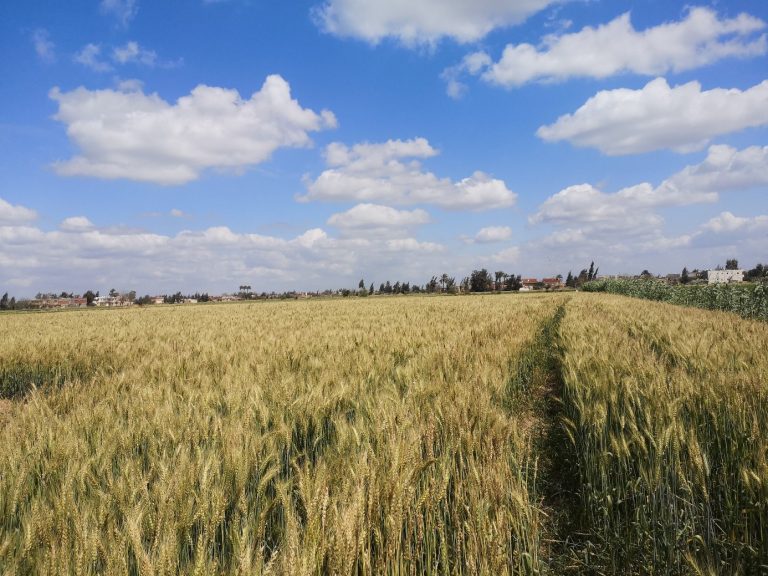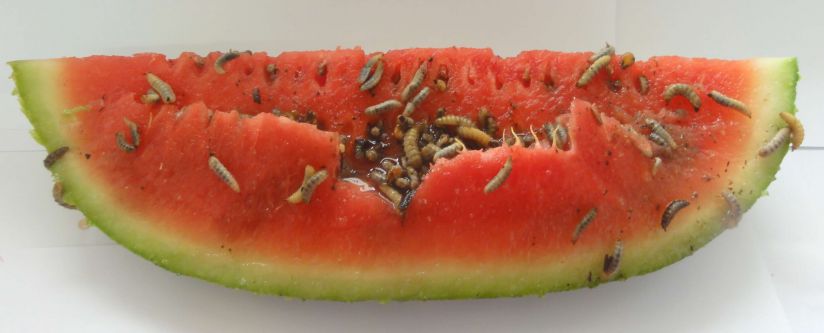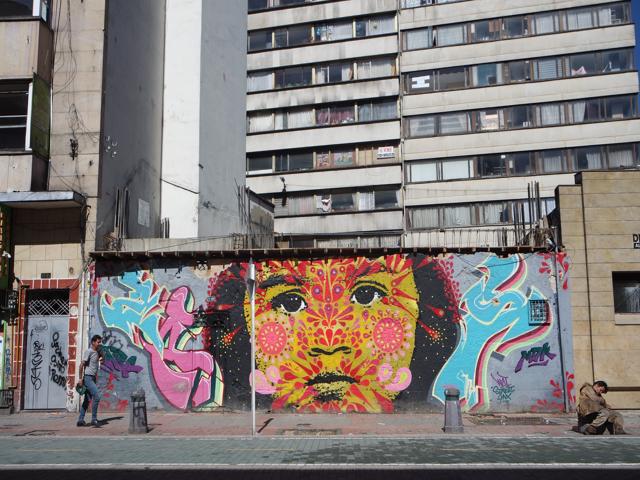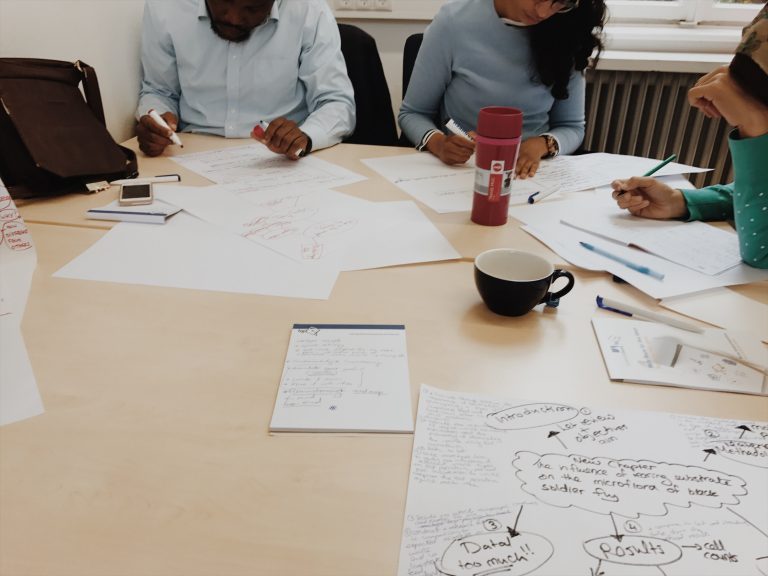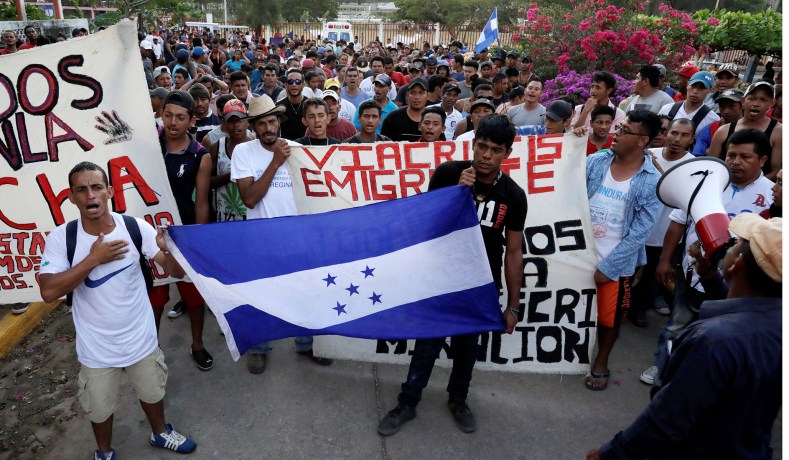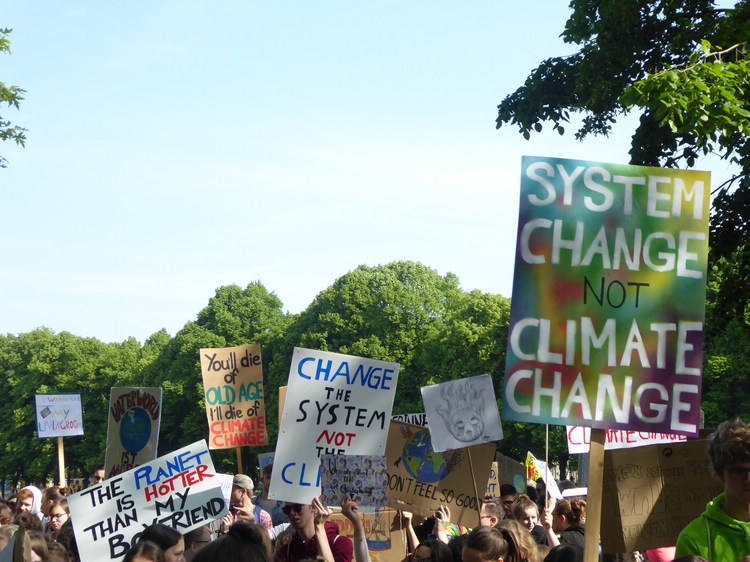Talking and tackling urban agriculture, urban food systems and urban health: “One Health” partners met in Sao Paulo for further agenda setting
Around 25 participants from nine different Brazilian and German institutions of the Graduate School “One Health and Urban Transformations – identifying risks and developing sustainable solutions” met in Sao Paulo, Brazil, on June 18, 2019. They shared information about current projects, identified research themes for the One Health graduate school and discussed potential research topics for long-term collaboration purposes.
Background: The One Health Graduate School, which started in 2016 and has been initiated and funded by North Rhine-Westphalia (NRW), investigates various dimensions and transformations of the urban systems and their impact on human, animal and environmental health. It contrasts the historical development and current challenges of NRW with three urban metropolitan areas: São Paulo (Brazil), Accra (Ghana) and Ahmedabad (India).
At the core: One Health doctoral students
During the first part of the workshop the current One Health students presented their on-going research in São Paulo revolving around two topics: resilience of urban agriculture production systems and urban parks for mental health and biodiversity support.
One of ZEF junior researchers, Jéssica Felappi, is conducting research on “Reconciling mental health promotion and wildlife conservation in a megacity: the importance of urban parks’ qualities”.
Jéssica is conducting her field work in Sao Paulo, Brazil, a megacity with more than 12 million people. The aim of her research is to understand the impact of urban park´s quality on mental well-being of visitors and biodiversity support. Finding synergies and trade-offs between these two dimensions could inform better design and management of these spaces, maximizing benefits to all. From March to July 2019, nineteen urban parks in different regions of the city were surveyed resulting in around one thousand questionnaires. Data on biodiversity of these urban parks has been collected with the municipality and on citizen science platforms.
After the data analysis to be conducted at ZEF, Jessica will go back to Sao Paulo to promote a workshop with stakeholders when she will present the results of this project and recommendations developed to plan and improve urban green spaces to maximize their benefits to human health and urban biodiversity conservation.
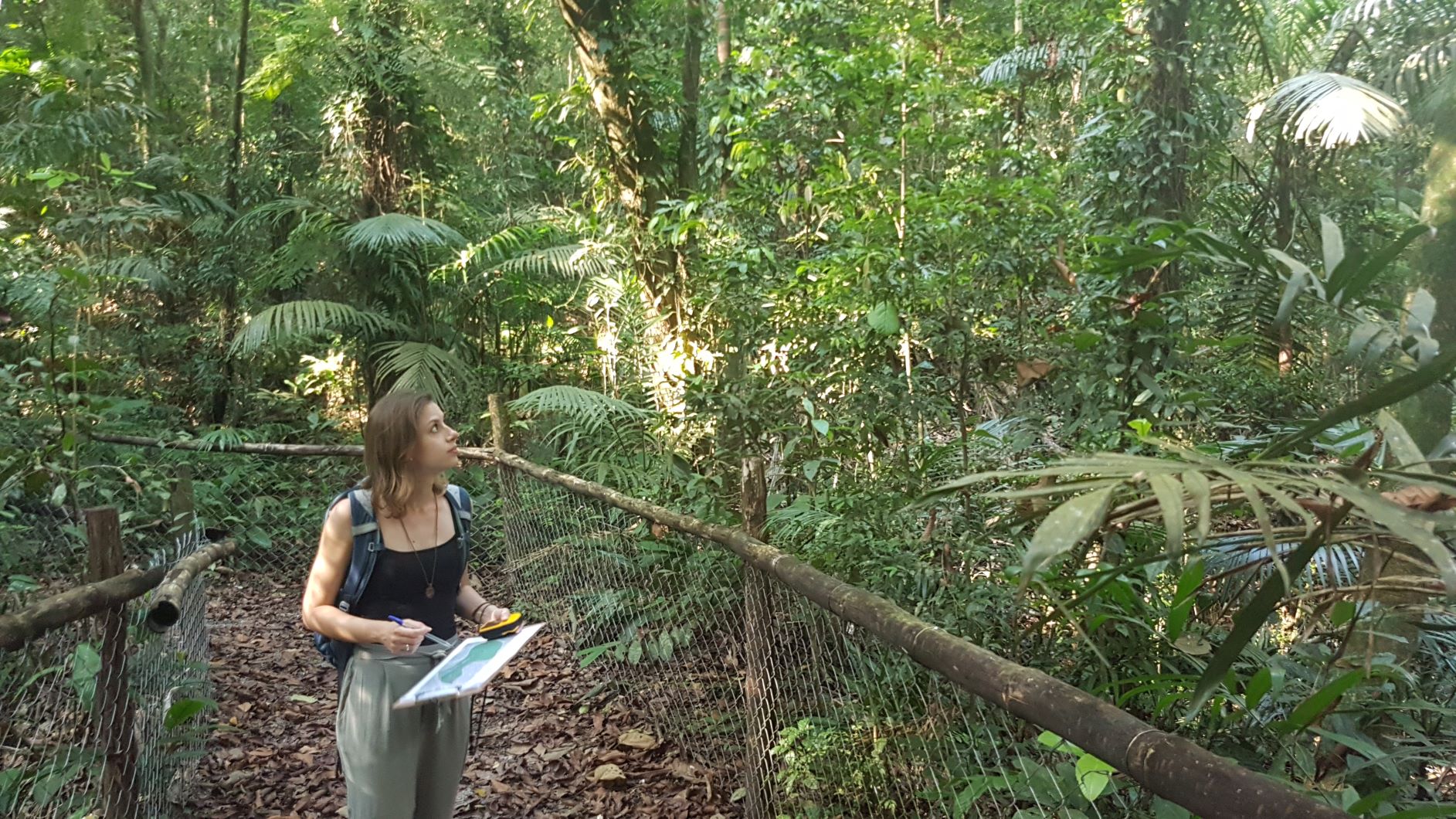
Possible future research focus in Brazil: Urban food system
It was agreed that the research of the first generation of One Health graduate students in Brazil should be pursued, which deals with urban agriculture and the spread of antimicrobial resistance. A possible future research topic could be the ‘urban food system’, which provides great opportunities for interdisciplinary research collaboration. Economic, social, veterinary, public health, agricultural science, food science, microbiology, virology, bacteriology, parasitology can all contribute to a One Health understanding of urban food production and consumption, while also generating results of disciplinary relevance.
Brazil is a global player in the production of agricultural commodities which makes this research not only relevant in the local context but can also be of global importance. Key potential research topics identified include: the transmission of zoonotic diseases, risks of vector-borne diseases, food safety standards (labels/certifications), spread of antimicrobial resistance, surveillance of outbreaks and the use of organic waste as inputs of production (insects for feed). Additionally, a wide range of potential practice partners were identified (e.g. agricultural producers, labeling agencies, policy makers, transnational corporations) that already collaborate with researchers at USP and can thus be integrated into the research to render it transdisciplinary and implementation-oriented.
Focus of long-term cooperation on the topic of sustainable agricultural production
The second part of the discussion was more an open discussion and explorative, looking at possible topics for long-term collaboration beyond the One Health graduate school. This discussion revolved around sustainable development of agricultural production. It was identified that a revolution of the food industry is required to ensure its long-term sustainability. A key question posed was: how can the different pressures on the food industry be reconciled? There are pressures of global population growth (how to feed 9 billion people), of more sustainable production (how can sustainable intensification work), of the supply chain (how can the inputs of production become more sustainable, while remaining profitable), as well as the pressures of consumers (how can food affordability and sustainability be reconciled).
With regard to sustainable intensification two aspects were highlighted: on the one side, how can more sustainable agricultural practices be made operational on a large scale (industrial producers), and on the other side, can new business models for agribusiness allow more small-scale production? Another aspect of sustainable agricultural production discussed was the biodiversity of food (ecosystem) and biodiversity loss, essentially putting in question the dominant practice of monocultures and rather promote indigenous, non-traditional foods.
Digitalization and One Health
A major topic of discussion was the role of digitalization with regard to One Health and sustainable development. The use of remote sensing and GIS coupled with Big Data from cell phones, internet service providers, surveillance networks, scientific databases, etc. provides an opportunity to identify and predict disease hotspots, zoonotic spillovers and disease distribution through the integration of data sources (human, veterinary an environmental) and machine learning. Some partners are already working on applications on this topic. In regard to the sustainable intensification of agricultural production the use of sensors and drones was discussed, which allows for targeted fertilization and pesticide application as well as for improved water use management.
Conclusion and follow-up
The workshop identified a range of topics of common interest to the involved institutions and it was mutually agreed that there is a large scope for long-term collaboration between Bonn(-Region) and São Paulo. On both sides the development of such collaboration will be pursued and it is planned to organize a strategic workshop at USP next year to further facilitate this process.
The workshop identified a range of topics of common interest to the involved institutions and it was mutually agreed that there is a large scope for long-term collaboration between Bonn(-Region) and São Paulo. On both sides the development of such collaboration will be pursued and it is planned to organize a strategic workshop at USP next year to further facilitate this process.
USP = Universidade São Paulo (University of São Paulo)
FEA = Faculdade de Economia, Administração e Contabilidade (School of Economics, Management and Administration)
FoRC = Food Research Center
FCF = Faculdade de Ciências Farmacêuticas (School of Pharmaceutical Science)
FMVZ = Faculdade de Medicina Veterinária e Zootecnia (School of Veterinary Medicine and Animal Science)
FSP = Faculdade de Saúde Pública (School of Public Health)
SiPOS = Sickness Positioning System (a digital tool developed by FCF-USP)
